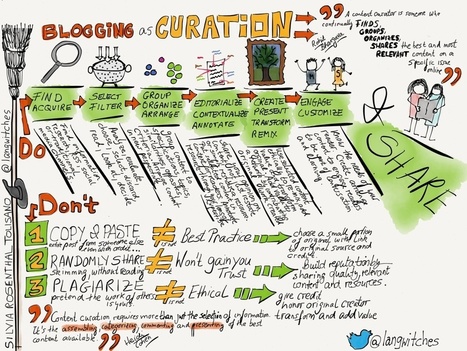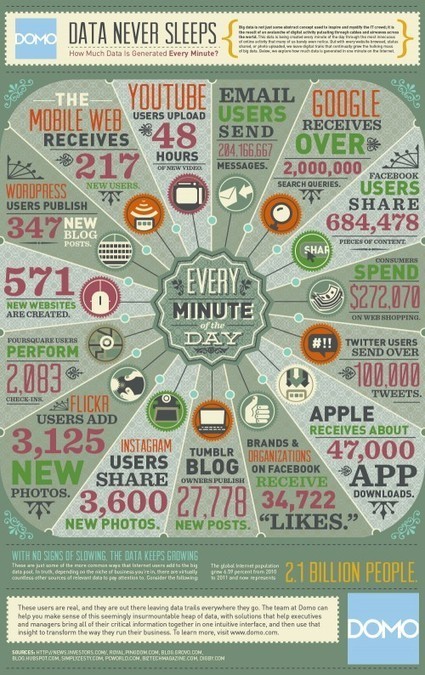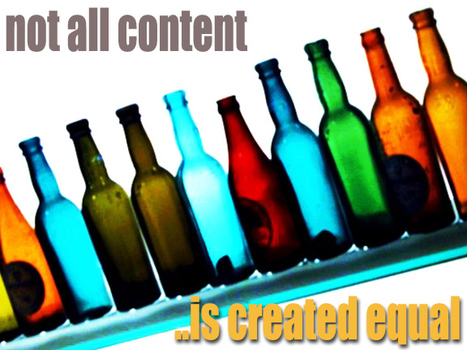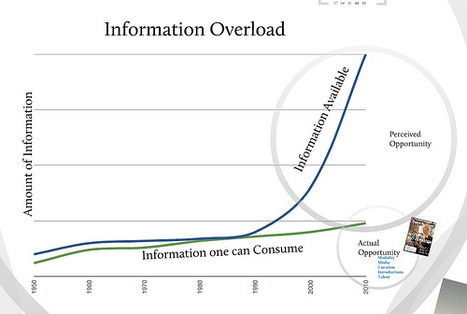Research and publish the best content.
Get Started for FREE
Sign up with Facebook Sign up with X
I don't have a Facebook or a X account
Already have an account: Login

What a Content Curator Needs To Know: How, Tools, Issues and Strategy
Curated by
Robin Good
Author: Robin Good

 Your new post is loading... Your new post is loading...
 Your new post is loading... Your new post is loading...

janlgordon's comment,
November 22, 2011 3:21 PM
Hi Beth,
I agree with you, I love the feeling of community and the collective wisdom, and you know "curation resonates with me":-) 
janlgordon's comment,
November 22, 2011 3:22 PM
Thanks so much for rescooping and sharing on twitter:-)

Pittsburgh Tote Bag Project's comment,
November 25, 2011 9:17 PM
This has me thinking critically about how we are integrating social media. Inviting interaction has been a huge challenge. We are stimulating new conversations in real world time, but that's not reflected in comments and so forth. I like using Scoop.It widgets to get the newest scoop onto the bog in a timely manner and take some time to reflect on post content.

Tom George's comment,
March 20, 2012 9:19 AM
Hey Pedro,
I am the founder of Internet Billboards, my name is Tom George. Do you think you will be curated more on this topic and building a nice Scoop.it page? The reason I ask is I can show you how you can auto share your Scoop.it selections to Internet Billboards. |

Bob Connelly's comment,
November 23, 2014 7:11 PM
Being new to Scoop.it, I was glad to read this. I wouldn't have thought about this...

janlgordon's comment,
December 4, 2011 2:59 PM
@Karen Dietz
Thanks Karen! 2012 is going to be an amazing year for all of us!! 
Gust MEES's curator insight,
February 14, 2013 7:39 AM
Quality Matters!

Robin Good's comment,
September 8, 2011 3:50 AM
Thank you Jani, as always good stuff.
I would like also to kindly ask you, if you feel so, to share your comment and advice to this post, which relates strongly to our curation work and to how the Scoop.it management handles our requests, feedback and us: http://www.scoop.it/t/real-time-news-curation/p/435456801/should-scoop-it-and-other-curation-tools-credit-original-sources-it-seems-not-missing-source-element-and-link-inside-rss-feed Many thanks in advance! |





















Great information for creating content.
An excellent perspective about blogging as content curation.
Great visual representation of blogging as curation